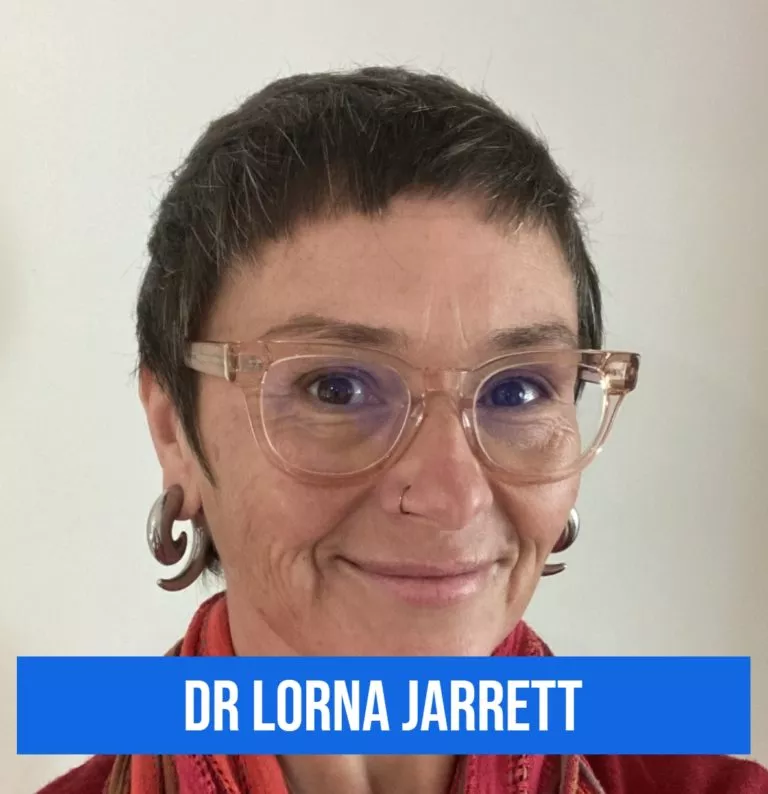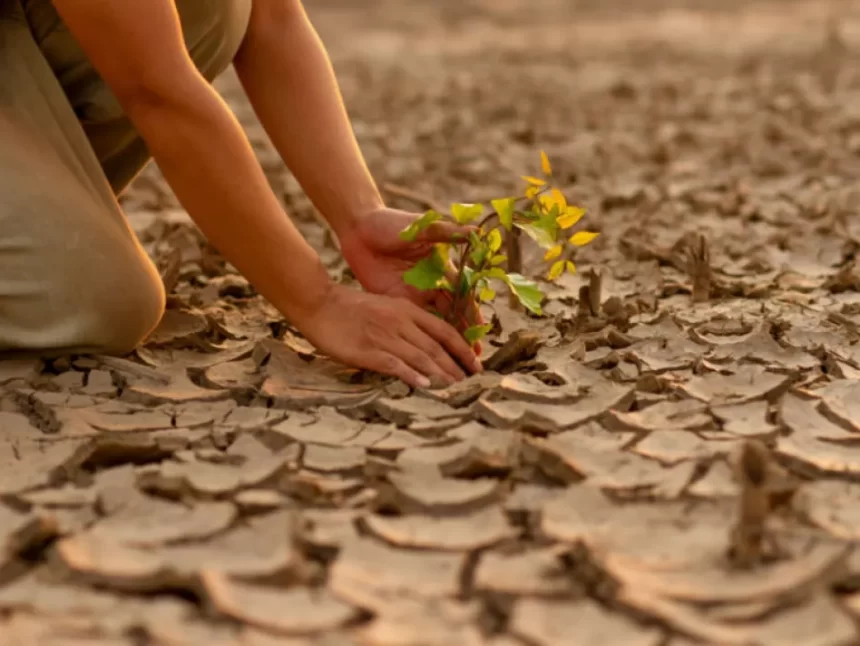2023 was Australia’s hottest year on record, and scientists predict it will continue to get hotter.
The next generation will likely experience unpredictable weather and challenging conditions in ways the previous generations haven’t.
So, what are students learning about their future? What do they need to know? And, importantly, what are the challenges in delivering meaningful climate change education?
Improved climate knowledge addresses misconceptions
Professor Pauline Jones and Dr Lorna Jarrett at the University of Wollongong are working to investigate students’ knowledge of climate change science and explore strategies for addressing misconceptions.
Dr Jarrett, a former high school teacher, teaches at the University of Wollongong School of Physics and provides professional development for teachers.
She says teaching young people about climate change is complex.
“[It] involves physics, chemistry, ecology and meteorology, citizenship, health, literature, law, economics, the arts, and more,” she told EducationDaily.
Read more: What does our world need right now? Climate change educators to lead the way…
“In Australian schools, this multi-disciplinarity is captured in the cross-curriculum priority of sustainability, which intends that students engage with climate change in multiple subjects. In the Australian science curriculum, climate change is addressed in Year 10. Students learn about the greenhouse effect, climate systems, effects of climate change, computer modelling and applying scientific knowledge in discussions.”

In the current NSW science curriculum, though, Dr Jarrett says climate change is only mentioned in Stage 5 (years 9 to 10) as one of several environmental issues teachers may discuss.
“This has not changed significantly in over 15 years; for example, it is listed alongside ozone depletion, an issue that has been largely resolved,” she told EducationDaily.
“However, this may change when the new NSW Science syllabus is released. [Researchers] Jarrett Takacs and Freebody observed a high rate of misconceptions and gaps in climate change science knowledge among young people (and adults). They note that even the basic science is complex.”
Bigger focus on climate change education is overdue
Professor Pauline Jones teaches at the University of Wollongong School of Education and says climate change education must take up a larger role at schools.
“It’s central to current social, political, economic and health concerns,” she told EducationDaily.
“Students are going to deal with its consequences as adults, and many are engaged in climate action now. They need a space to discuss climate change, ask questions, receive reliable information, be treated with respect, and engage with a knowledgeable adult rather than relying on social media and other avenues for information/misinformation.”

Reducing the impact of climate anxiety
Professor Jones says climate anxiety is a real and under-researched issue among young people. For her, responsible educators are among those who can truly support students in tackling these emotionally heavy issues.
“In science, the early years build awareness and appreciation of the natural world, understanding biodiversity and interdependence, and observing weather and other phenomena,” she told EducationDaily.
“Later, children consider the earth and human impact, materials and their changing forms, then adaptation and the greenhouse effect, ecosystems and renewable and non-renewable energy. In geography, teachers centre Country, looking to traditional Aboriginal ways of knowing, of dealing with a changing environment.”
Alongside knowledge, Professor Jones says teachers provide “age/stage-appropriate opportunities for active involvement, for example, creating animal habitat, auditing school energy use, reducing waste and studying role models”.
The University of Wollongong offers climate change and environmental sustainability units in science, geography, personal development, health and physical education classes, as well as English education subjects.
“[Most] importantly in Aboriginal education subjects where non-Indigenous student teachers encounter important values and learn to relate to Country in productive ways,” Professor Jones told EducationDaily.
Teachers wants engaging resources
“In our experience, new and established teachers recognise their responsibilities and are highly motivated to deliver climate change education and to support their students. However, they need high-quality, accurate and engaging resources and professional development. “
With many universities starting to recognise the importance of climate change education skills, whether new curriculums will follow the growing recognition of its importance still remains to be seen.
“There is also an urgent need for further research into climate change education across the years of schooling so that university and system-based teacher educators can ensure their programs and resources are the best they can be,” Professor Jones says.








